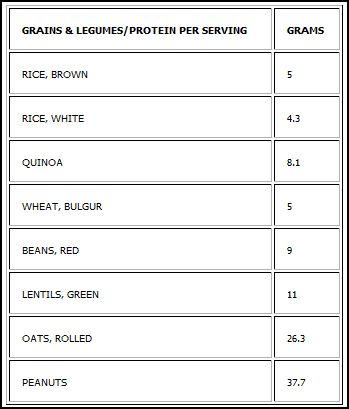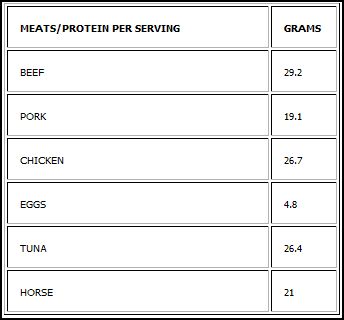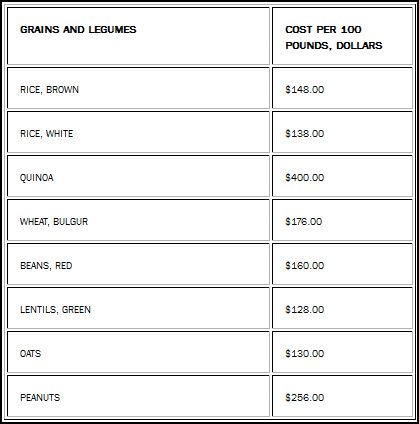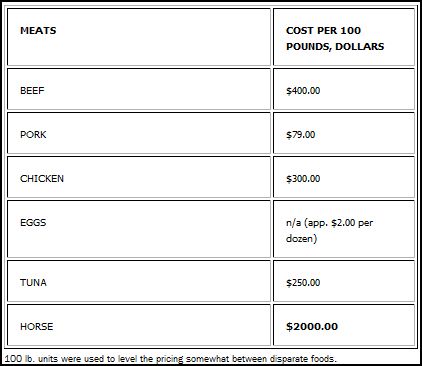Re-posted from R.T. Fitch's Blog
I’d Rather Eat Peanuts
Posted: June 13, 2012 by R.T. Fitch in Horse Health, Horse News, Horse SlaughterTags: Cruelty to animals, fraud, Horse,
Guest OpEd by Lisa LeBlanc ~ member of the Wild Horse Freedom Federation Advisory Council
“Horse Meat is amongst the costliest meat marketed, world wide, for human consumption”
 Here at SFTHH, the focus is nearly always on equine welfare issues. But every once in a while, some of us throw up our hands in disgust and feel Compelled to Refute. In this case, a pamphlet, (http://library.constantcontact.com/download/get/file/1103685263837-126/Americans+Eat+Horses.pdf) recently published for distribution to Washington power brokers to assuage their ignorance over horse slaughter issues compiled by one Sue Wallis, Wyoming State Representative and staunch advocate for the killing of horses for food and profit.
Here at SFTHH, the focus is nearly always on equine welfare issues. But every once in a while, some of us throw up our hands in disgust and feel Compelled to Refute. In this case, a pamphlet, (http://library.constantcontact.com/download/get/file/1103685263837-126/Americans+Eat+Horses.pdf) recently published for distribution to Washington power brokers to assuage their ignorance over horse slaughter issues compiled by one Sue Wallis, Wyoming State Representative and staunch advocate for the killing of horses for food and profit.
That is neither slanderous nor libelous; that is a Natural Fact.
It is her contention that the entirety of American Horse Culture is being systematically eliminated by the ‘radical veganagenda’ and the cessation of the slaughter of American horses, and that the poor and starving of the world would benefit greatly from our overabundance. The pamphlet is replete with traditions – of other nations – nutritional information, recipes, even pictures of completed meals. But after reading through the pamphlet and its philanthropic theme of “Save the World, Kill a Horse”, I had an epiphany: if there is a true desire to save the less fortunate from hunger, there are better ways to go about it that have nothing to do with killing American horses for food.
Now, admittedly, I am neither a vegetarian nor a vegan (though I do hope my friends will forgive my slow evolution). But I am a consumer, and know first hand the vast differences in the costs of meat versus grains and produce. And for research purposes, I now know the approximate protein content of certain foods – discovered during the Effort to Refute.
If you’ll follow me please, we’ll proceed to the tables:
So, yes, meat does have more protein than most grains, and both grains and meat exceed fruits and vegetables for protein content. But its important to note that, per six ounce serving, horse meat is among the most anemic providers of that protein.
Grains, along with fruits and vegetables, are extremely cost-effective for grower and consumer alike, even when grown on a massive – and hopefully, responsible – scale. And far less detrimental to the environment than nearly every aspect of meat production. While fruits and vegetables, along with meats, have their limitations as far as storage and transport, grains and legumes, when stored correctly, have very long shelf lives, making them better choices for transport to wherever food is needed.
Oh, yes; then, there’s the cost. And we proceed, again, to the tables:
And there it is: Horse meat sells for at least $20.00 per pound – on par with other ’luxury’ meats and cuts like kobe beef, prime rib and lobster – among the costliest of the standard meats marketed world-wide for human consumption. Reinforcing the obvious, this movement toward the reintroduction of horse slaughter in America isn’t driven by altruism or concern for the destitute, or the preservation of American horse culture. The slaughter and export of American horse meat to European and Asian countries is exploitation in it’s lowest form – by referencing the poor & hungry, and in viewing discarded horses as money-makers – and nothing else.
Imagine: for around $1500 – far less than the cost of 100 pounds of horse meat – 800 pounds of moderate to high protein grains and legumes – with a longer shelf life and greater portability – could nourish more than a few hungry people. Combined with bundles of heirloom (read: non-Genetically Modified) vegetable and fruit seeds at a cost of between $20.00 and $40.00, we have the beginnings of recovery for the hungry – including sustenance they can grow themselves. Radical veganism? Maybe. But it is also achievable, charitable in actuality and far more practical in every way than building or converting a property to butcher horses for export to a foreign country.
Or we can wait to see if horse slaughter facilities will keep a couple of steaks off to the side to feed a family for one day.
Furtherance of an unpopular agenda by citing its benefits to the less fortunate, through vague implications of food bestowed and an end to unemployment via the jobs offered in a kill factory is reprehensible. It illustrates a general contempt, for both humans in economic distress and horses as a species. Our leaders and lawmakers can do better – for our citizens and our horses. The question then becomes – will they?
( Protein values – except for horse meat – were compiled from calorieking.com.Costs per pound for grains and legumes were calculated from bulk food items at Amazon.com. Costs per pound for meats were gathered from various sites offered by ask.com. and usda.gov)




Declan - I am so honored you chose to publish this on your site.
ReplyDeleteThank you!